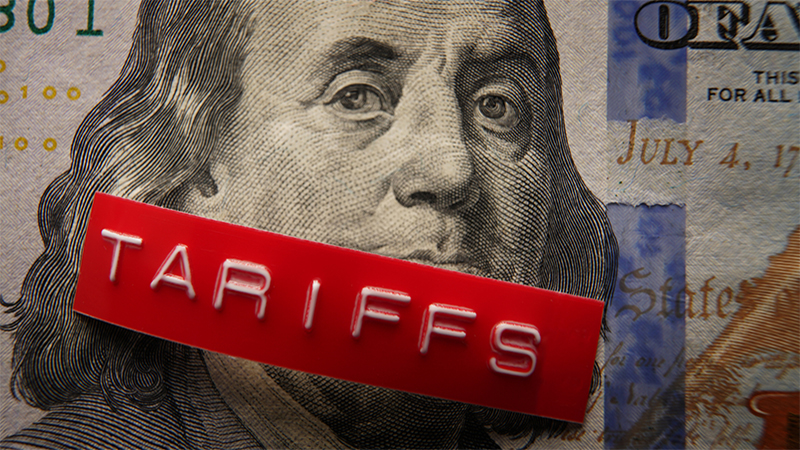According to Bell, an important reason for US equities being relatively resilient to global shocks is the relatively high representation of growth companies. “These are less exposed to cyclical factors, and on top of that US equities are also more resilient to economic shocks elsewhere as US companies depend more on domestic demand than companies in other markets,” he says.
Out of touch?
However, annual US GDP growth has averaged about 2% since 2009, while the compound annual growth rate of the S&P 500 over the past seven years is 14.24%, according to Expert Investor calculations. So there looks to be some kind of disconnect here. And indeed, worries about excessive valuations in US equity markets persist.

“In the US, cyclically adjusted P/E’s are high which means future returns are likely to be low. I take the view that in the end something changes,” James Clunie, manager of the Jupiter Absolute Return Fund, told Expert Investor’s sister publication Portfolio Adviser. He currently has a 1% net short position on US equities.
And there are two catalysts around the corner that could trigger the ‘change’ mentioned by Clunie: a Fed rate hike and the US presidential elections. “Markets have currently priced in about a 60% change of a rate hike by the end of the year,” says JP Morgan AM’s Bell, admitting there is indeed some room for negative surprise here. “A rate hike will especially hit defensive stocks. But on the other hand: the Fed will only raise rates if the economy looks strong.”
According to Clunie, whatever outcome the election will have, it will be bad for equity markets. This look a bit of a strange case to make though, as this should then already be priced in anyway. Arguably, markets are counting on a Hillary Clinton win. As she stands for continuity and the Democrats are unlikely to gain control of both Houses, a “continued policy gridlock” is the base case scenario, argues Bell. And this would leave the equity markets relatively unbothered.
US equities will keep their safe haven appeal, as political uncertainty elsewhere is likely to continue looking much greater. When ‘change’ finally arrives though and companies fail to grow their earnings as much as the market currently expects, investors should brace for steep losses. Other equity markets, however, will not provide solace in that case. While US equities do not necessarily slump when other markets do, the rest of the world is still likely to catch a cold when the US sneezes.










